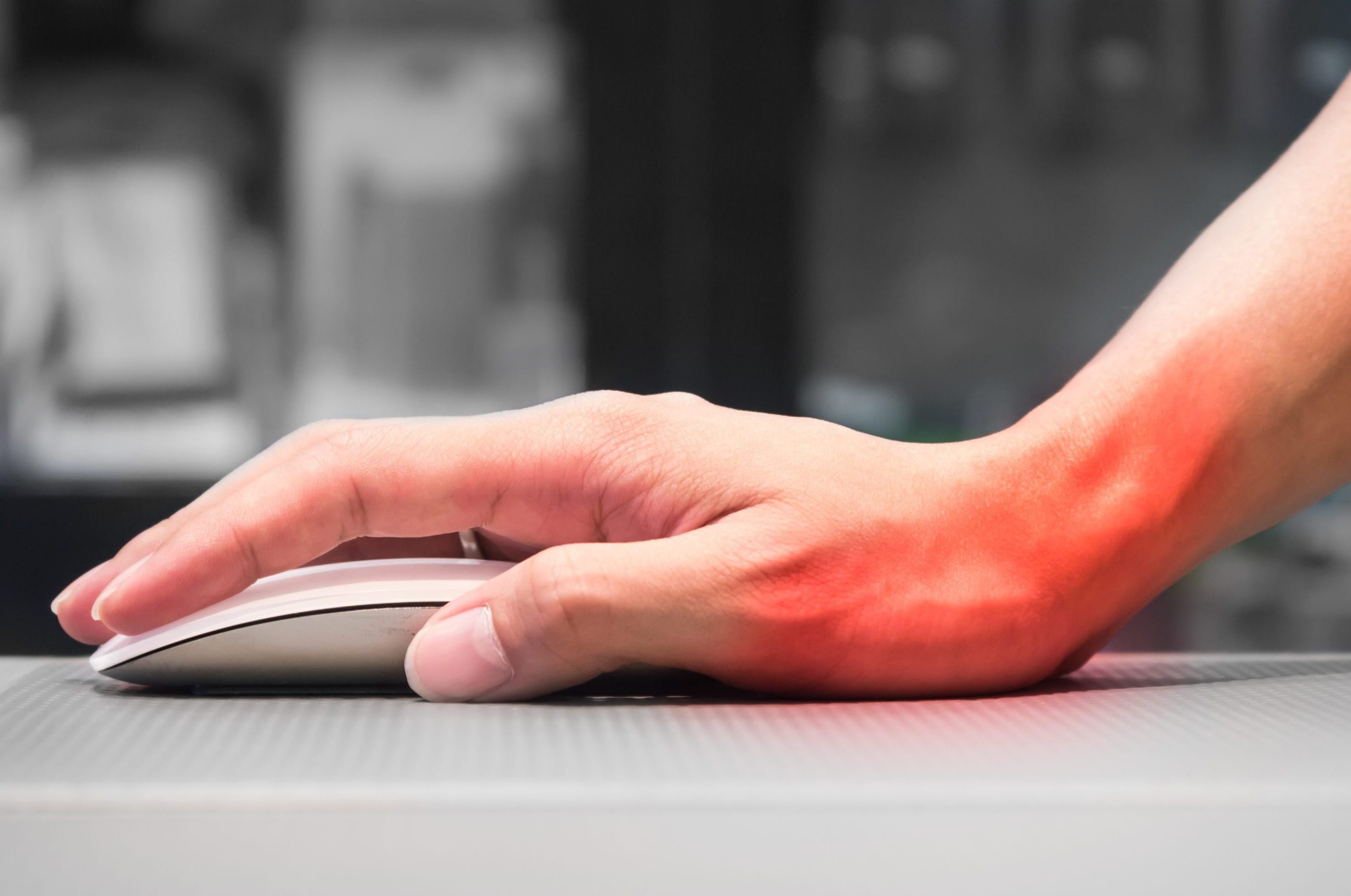As a pelvic physiotherapist, I treat clients who are experiencing urinary leakage or urinary incontinence, and dealing with the discomfort and inconvenience that comes along with it. Pelvic floor physiotherapy is a conservative management approach to incontinence treatment and yet many people are not aware of it as an effective alternative to surgery.
I am sure you have heard the expression, ‘I laughed so hard I nearly peed my pants!’ It’s a common turn of phrase that makes light of what is actually a common problem that can be quite emotionally painful and isolating.
Unfortunately, many people simply accept that incontinence is a ‘normal’ part of life; and that all women will pee when they jump too much, or after they’ve had a baby, and as they get older. But really, we should all be peeing only when we want to, which is usually when sitting on a toilet.
The truth is, this experience is so common that almost half of women experience leakage at some point in their lives. Men of all ages experience leakage as well, although the occurrence could vary based on the individual, since there are different types of leakage.
Sadly, you rarely hear people talk about men experiencing urinary leakage, which can make those who do feel alone, ashamed and less likely to seek treatment.
Urinary leaking does not have to be a life sentence! So, let’s talk about what it is, what causes it and how we approach incontinence treatment without surgery at Propel Physiotherapy.
We generally think of two main types of leakage, urinary incontinence and stress incontinence:
What is Urinary Incontinence?
Urinary incontinence, where one experiences a strong urge to pee, and is unable to make it to the bathroom on time; or they can leak by being ‘triggered’ by putting the key in their door when they get home, or arriving in the bathroom, but being unable to sit on the toilet to relieve themselves before leaking.
What is Stress Incontinence?
Stress incontinence is where you leak urine when coughing, sneezing, running, jumping rope or on a trampoline, having intercourse or even laughing!
What Causes Incontinence or Urinary Leakage?
Leaking is actually a sign that the pelvic floor muscles aren’t doing their job well! If you don’t know what your pelvic floor muscles are, please read my blog on the Pelvic Floor Muscles’ 5 Important Roles.

When the pelvic floor muscles are functioning well, as part of a coordinated inner core system, they help to keep us continent by providing closure around the urethra. The reason one leaks when laughing is because there is a huge increase in pressure in our abdomen when laughing (or coughing, sneezing, bending, lifting, standing up from sitting etc.) which then overpowers the ability of the urethral sphincter to keep the urethra closed during this activity, and keep us dry.
This can be due to the pelvic floor muscles being too weak, (or under-active), or over-active (or too short or clenched). The good news is that the pelvic floor muscles, like other muscles in the body, can be strengthened or stretched and lengthened with the appropriate prescription of exercises. This is where pelvic floor physiotherapy comes into treating incontinence!
Treating Incontinence with Pelvic Floor Physiotherapy
As a pelvic physiotherapist, I am trained to assess the reason that these muscles are not working effectively, and assist in rehabilitating the pelvic floor and inner core muscles.
Pelvic floor physiotherapy (using both internal examination to teach the exercises and education on potential behavior changes) has actually been advised as the first line of defense to help with any leakage prior to any other incontinence treatment.
In addition to looking at the pelvic floor muscles, your therapist should help you to investigate whether you are adequately hydrated throughout the day. The general ‘rule’ for daily water intake is 8 cups of water. Usually those who experience leakage often stop drinking water, but actually this could increase leakage!
Regular, easy-to-pass bowel movements are also important. Not going often enough, or passing bowel movements that require you to strain, or push them out, and leave you feeling completely emptied can put a lot of pressure on the pelvic floor.
I have heard clients comment on how they are SO relieved when they haven’t leaked at all after laughing uncontrollably! It seems like just a little thing but not having to worry about wetting yourself in public can be life-changing!!!
So, it’s time to stop thinking that leaking is normal, or a symptom you just have to live with, and go see a pelvic floor physiotherapist!
Want to know more about incontinence treatment and pelvic floor physiotherapy? Contact Talia with any questions you may have!
Written by











